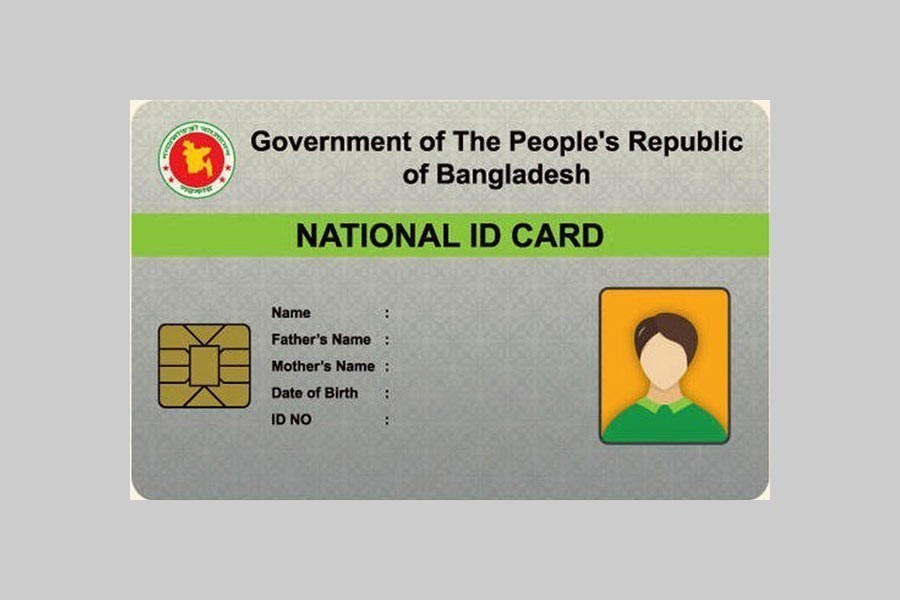

The Election Commission, or EC, will maintain authority over National Identity, or NID, card data until a national data authority is formed, says Chief Advisor’s Special Secretary Faiz Ahmad Taiyeb, who oversees the Ministry of Posts, Telecommunications, and Information Technology.
During a special press conference on NID data ownership at the ICT Bhaban on Wednesday evening, he clarified that in the future, the election commission will only have jurisdiction over the data required for conducting elections.
However, no job losses will occur due to this transition, and responsibilities may increase to ensure high-quality data management, according to bdnews24.com.
Faiz said over the past few days, they had conducted extensive research on which institutions manage citizen data in different countries.
“Our findings show that, except for nations like Bangladesh, Jamaica, and Trinidad and Tobago, no other country places citizen data under an Election Commission’s authority.”
He presented a chart showing that in 93 countries, including those in Europe and Eastern Europe, citizen data is managed by a civil authority, often under the local government ministry.
Currently, the Election Commission holds 35 types of citizen data, a practice Faiz questioned.
“Does the Election Commission really need 35 types of information to implement voting rights? This question is being raised logically and technically.
He stressed that they were not shutting down the Election Commission’s IT cell or seizing its software, hardware, or technical capabilities.
Faiz said, “We are simply saying that data regulation will fall under the data authority. The data will remain where it is for now, but once interoperability is established, these systems will eventually be replaced, as the current software and hardware are outdated.
“At that point, all data will be transferred to a central authority.”
Speaking about future challenges, he said: “Artificial intelligence will soon require vast amounts of data. Managing this will be difficult for the Election Commission.
“Its responsibility is to implement and protect voting rights, not to store and secure citizen data.”
The special assistant reassured the IT personnel in different ministries and agencies of Bangladesh that their jobs would not be affected after the transfer of data ownership to the data authority.
He said, "I want to ensure that after the formation of the data authority, no IT staff in any ministry or agency will lose their job. No authority will be diminished.
“Instead, each system will become stronger. The rights of other ministries to access data will be protected here."
He further said nearly 50 million people’s data is being bought and sold on the dark web, including bank statements and driving licences.
Without securing citizen data, attracting foreign investment in Bangladesh will be difficult.
Faiz continued, “The data authority will function as a guardian, linking all ministry and departmental data structures. Currently, the Election Commission provides data to multiple organisations, but it lacks the ability to monitor where data breaches occur.
“Engineers under the national data authority will be dedicated to ensuring data security.”
He pointed out that the absence of a robust data protection framework has hindered financial services in the country.
Faiz said, “People provide different addresses in banks and hospitals, leading to inconsistencies across different systems. This lack of address verification is one of the reasons why global financial services like PayPal hesitate to enter Bangladesh.
“We need an integrated data highway where ownership remains limited to only the required information.”
When asked about the timeline and structure of the data authority, he said they were still in the planning stage.
“It will require constitutional authority and will function as a regulatory body, not under any specific ministry. Before enacting the Personal Data Protection Act, the question of this data authority must first be resolved.”
Faiz estimated that it would take at least six months to finalise the framework.


 For all latest news, follow The Financial Express Google News channel.
For all latest news, follow The Financial Express Google News channel.